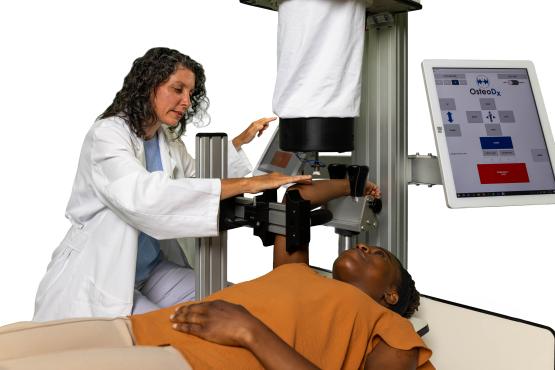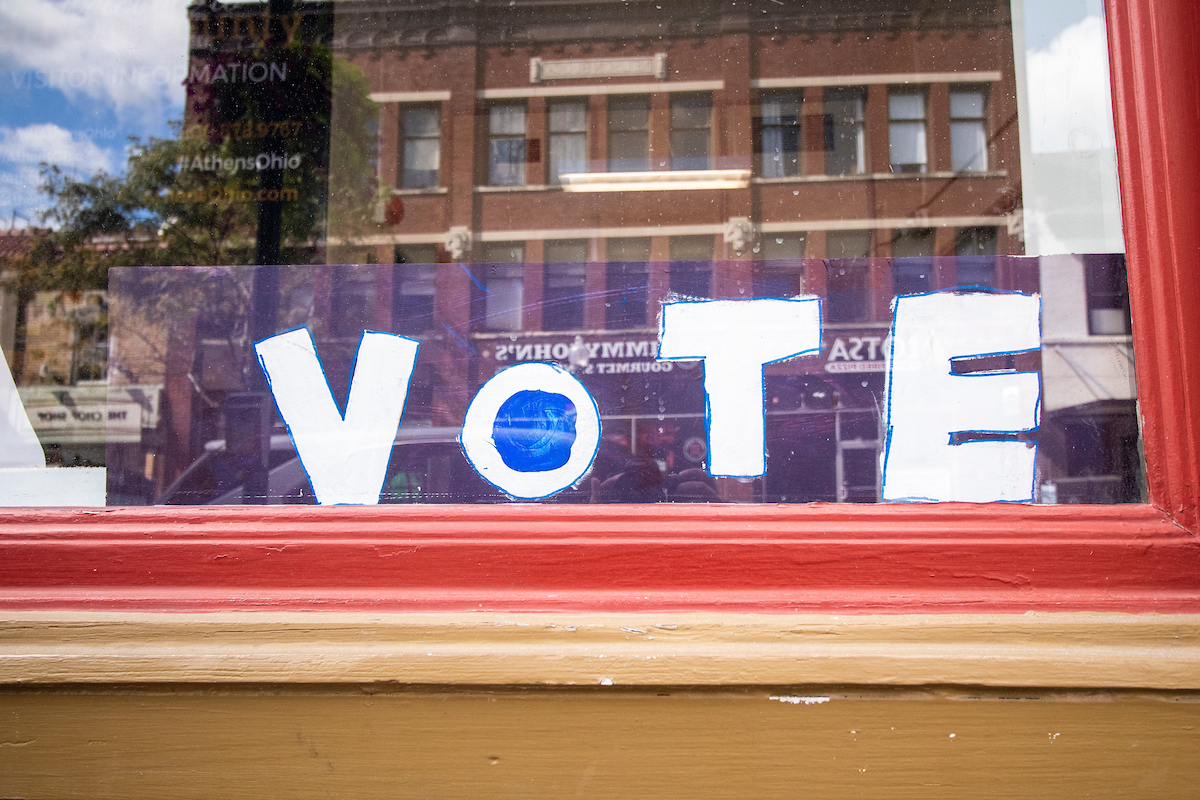
Young voters under 30 are the least affiliated with a particular party (38% say they are independent or unaffiliated). They are also the least likely to vote (nearly half sat out of the last presidential election). In what is projected to be a tight presidential election in just a few days, getting young voters to the polls could make the difference for either candidate. But only 1 in 3 say they feel prepared to research candidates or issues. As Election Day approaches, we’ve enlisted OHIO faculty experts to help define some of the hot topics of the 2024 election (like inflation and tariffs).
Additional information about OHIO’s ongoing commitment to fostering a civically engaged community as part of this year’s election cycle, including student resources, educator resources and frequently asked voter questions, is available online.
What is gerrymandering?
According to Ben Bates, professor of communication and political expert in the Scripps College of Communication, gerrymandering refers to the practice of arranging voting districts in a way that gives one political party an unfair advantage in an election.
He explains that gerrymandering can happen in two ways: packing and cracking.
- When you pack a district, you try to create a district where the other party's candidate wins by a gigantic margin. Although your own party loses that seat, the district uses up so many of the opposing party's voters that the makeup of the surrounding districts becomes more favorable to your own party.
- When you crack voting blocks, you draw districts so that the other party becomes a minority in each district, but just barely. Your party's candidate might win a bare majority of the votes in these districts, but the other party is split up so they can never get a majority of votes and you get more candidates elected.
“In Ohio, gerrymandering has been a significant and contentious issue, particularly concerning the drawing of congressional and state legislative district maps,” Bates said. “The state's process has faced legal challenges and public scrutiny, especially following the 2020 census.”
Bates goes on to say in recent years, Ohio voters approved measures aimed at creating a fairer redistricting process, including the establishment of bipartisan commissions for map drawing. However, there have been ongoing disputes about how these maps are created and whether they comply with the new standards.
Court rulings have overturned some proposed maps, leading to temporary fixes and continuing debates about representation and fairness in the electoral process. Activists and organizations are advocating for further reforms to ensure transparency and accountability in how districts are drawn.
Gerrymandering on the ballot in Ohio
Here’s a look at what Issue 1 is all about:
According to an article by the Associated Press, Issue 1 “emerged after courts declared seven different versions of the congressional and legislative maps Ohio created to reflect population changes from the 2020 Census unconstitutionally gerrymandered to favor one party over the other.”
Issue 1 proposes creating a new 15-member commission to draw Ohio’s legislative and congressional district maps. This new panel would be made up of Republicans, Democrats, and independents, selected by retired judges to try to keep things fair and balanced. The goal? To keep politicians and lobbyists out of the redistricting process and involve the public more.
Issue 1 positions
Supporters of Issue 1 believe this commission would lead to fairer maps with less political bias. Opponents worry that this approach removes accountability, as the commission members wouldn’t be elected.
A "yes” vote would make these changes; a “no” vote keeps the current districting system in place.



